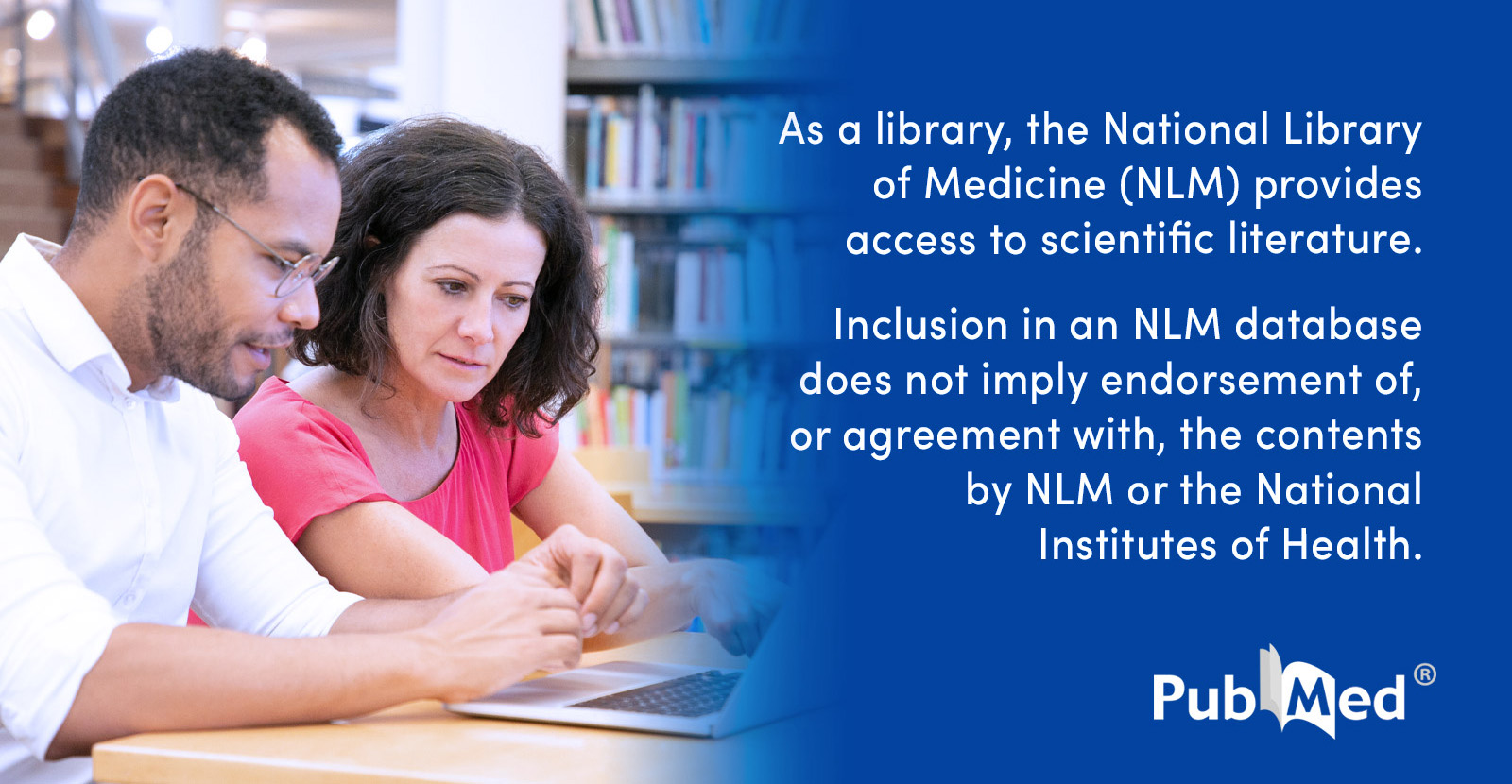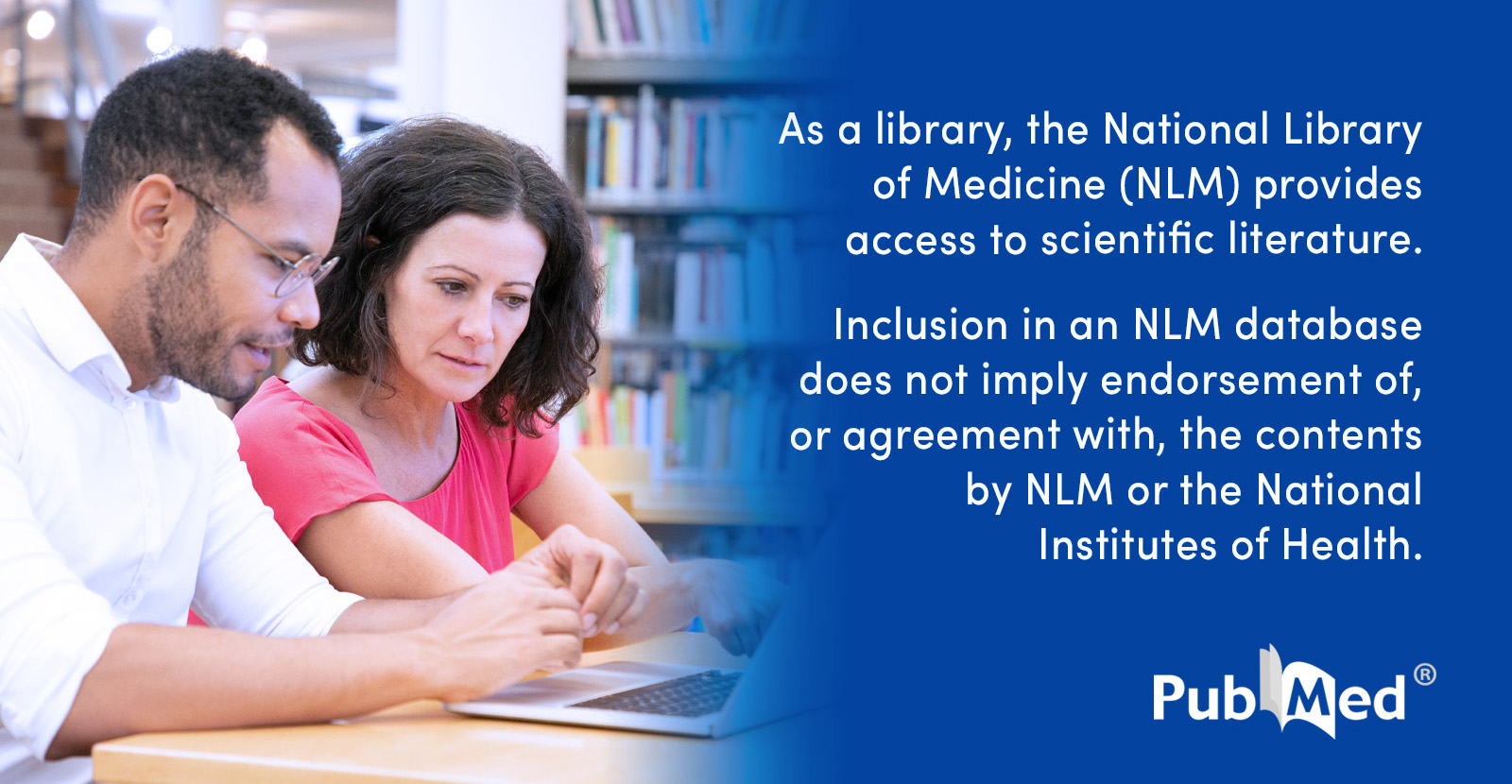Effect of Thermal Cycling on Flexural Properties of Microcrystalline Cellulose-Reinforced Denture Base Acrylic Resins.
Autor: Rahaman Ali, Amira Ali Abdel; John, Jacob; Mani, Shani Ann; El-Seedi, Hesham R.
Publication year: 2020
Journal of prosthodontics : official journal of the American College of Prosthodontists
issn:1532-849X 1059-941X
doi: 10.1111/jopr.13018
Abstract:
PURPOSE: To assess the impact of thermal cycling on flexural properties of denture base acrylic resin reinforced with microcrystalline cellulose (MCC) derived from oil palm empty fruit bunch (OPEFB). MATERIALS AND METHODS: The flexural strength and flexural modulus, following thermal cycling (5000 cycles of 5-55°C) of 3 MCC-reinforced poly methyl methacrylate (PMMA) specimens were compared with the conventional and commercially available high-impact PMMA. The 3 test groups were represented by addition of various weight combinations of MCC and acrylic powders. RESULTS: All 3 test groups with the addition of MCC demonstrated improved flexural strength and flexural modulus compared to the conventional resin, without and after thermal cycling. The highest mean flexural strength corresponded to the specimens reinforced with 5% MCC followed by 2% MCC. CONCLUSION: Addition of MCC derived from OPEFB to PMMA may be a viable alternative to the existing, commercially available synthetic reinforced PMMA resins. The potential application of natural fillers in the fabrication of a reinforced denture base resin needs further study.
Language: eng
Rights: © 2019 by the American College of Prosthodontists.
Pmid: 30637856
Tags: Surface Properties; Stress, Mechanical; Materials Testing; Cellulose; *Acrylic Resins; *Flexural Strength; Dental Materials; Denture Bases; Flexural modulus; flexural strength; microcrystalline cellulose; oil palm empty fruit bunch; Pliability; polymethyl methacrylate; Polymethyl Methacrylate; thermal cycling
Link: https://pubmed.ncbi.nlm.nih.gov/30637856/








